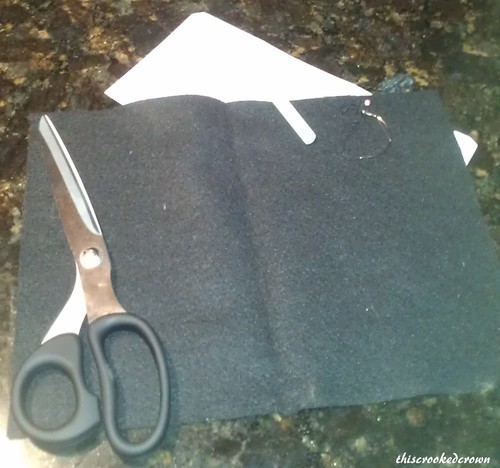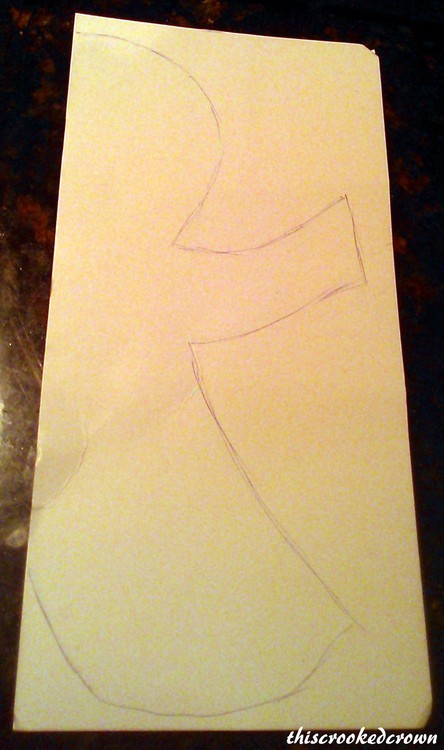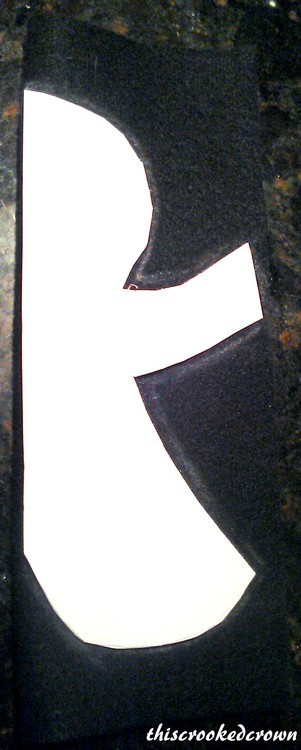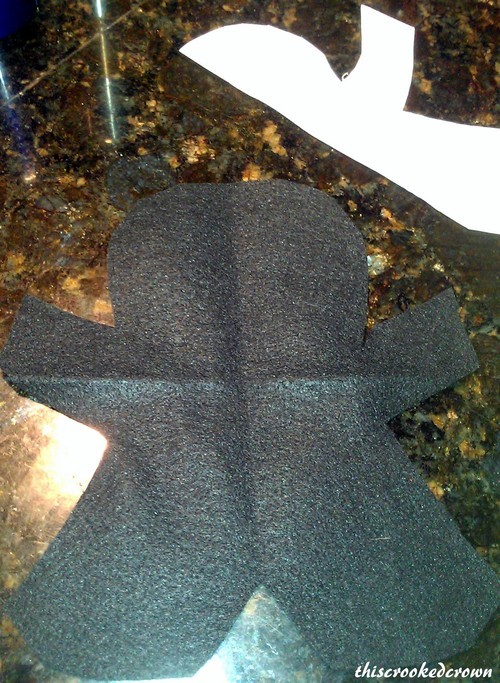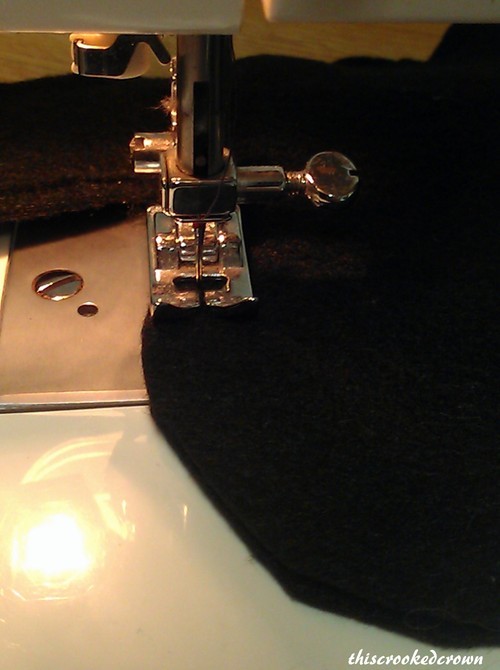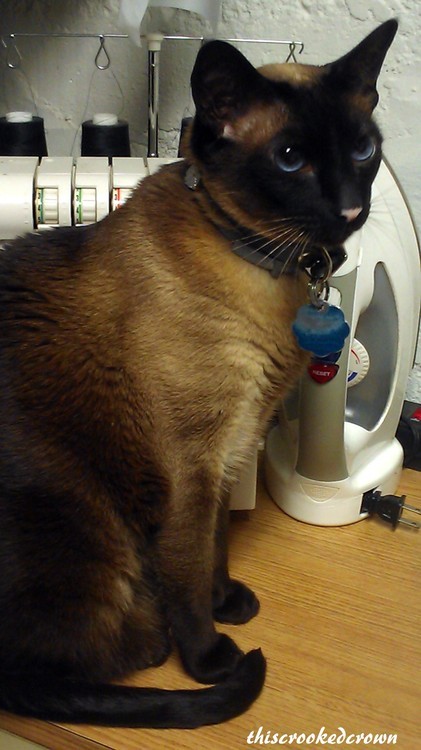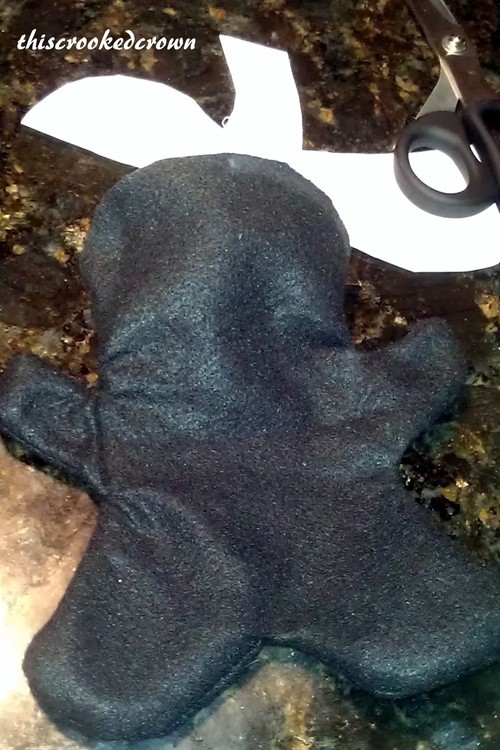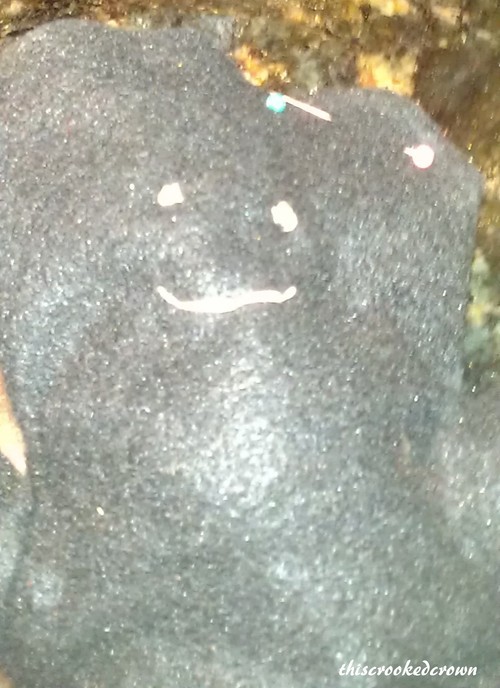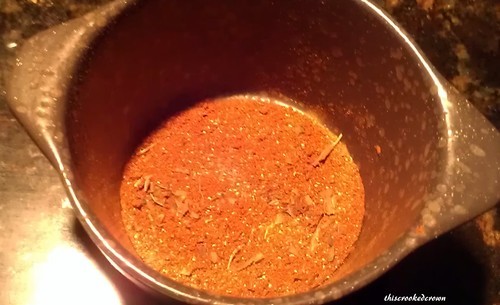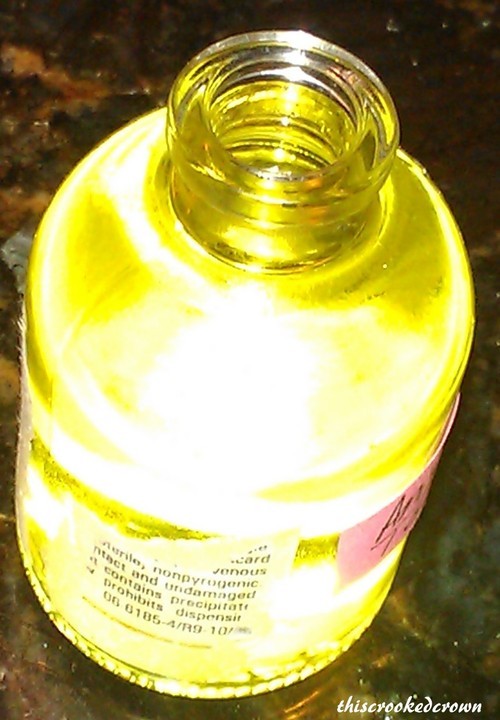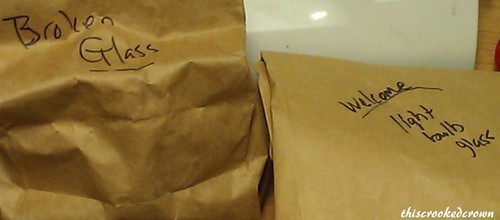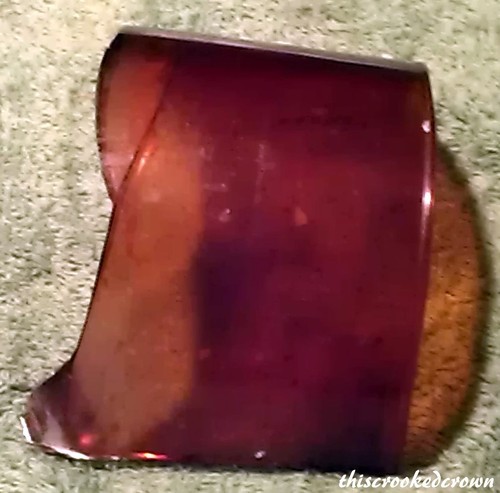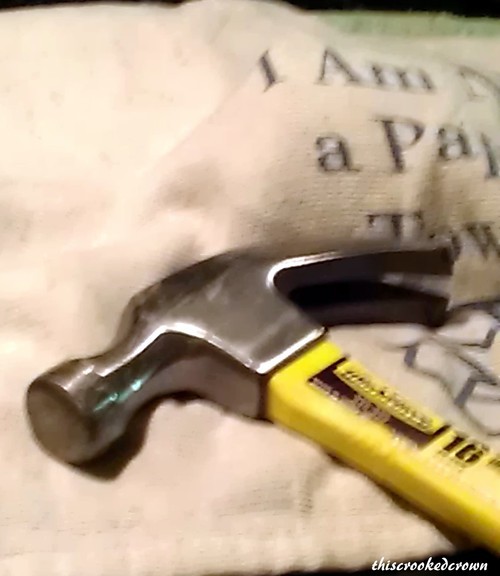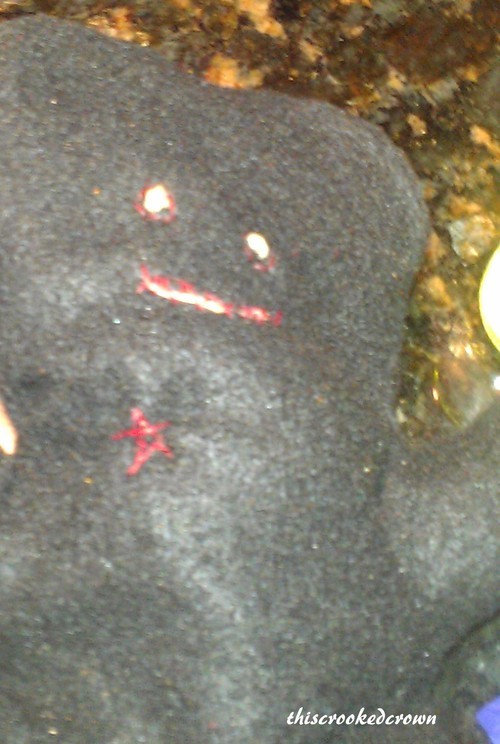Sympathetic magic is the umbrella term for magic spells or techniques that a person or thing can be affected through their name or an object that represents them. The most common form of this is poppet magic.

There’s two facets of this type of magic. The first is imitation, such as that of a poppet, where the object is created to imitate the target. The second is contagion or contact, where the object has been touched or comes from the target, such as hair or a shirt.
These terms originate from Sir James George Frazer of The Golden Bough fame. But sympathetic is a fairly worldwide phenomena and has been evidenced since prehistoric times. Archaeologist and anthropologists are studying modern hunter and gatherer peoples to partially inform over the actions of previous hunter /gatherer peoples. In short, there is a theory that some cave paintings are linked to sympathetic magic or were at least created by magicians and/or shamans in trance states (where they probably would be working sympathetic magics).
As said, poppets and hair are the most common forms of sympathetic magic, but there are many others. The soil from a footprint, someone’s pillow case, a shirt, fingernails, blood, skin, a favorite book, urine, underwear, jewelry, eyeglasses, and so much more. Pretty much anything can be used in this fashion. Including handwriting.
While the lore behind names carries a great many magical rules, such as don’t share your name with spirits. In fact, the fear of someone’s name being used against them magically is one of the reason magical practitioners take on false or magical names. Other reasons include anonymity, safety reasons, initiation rites, and magical ritualization (ie, the shedding of the modern self or of the mundane skin for magical acts), among others.
Handwriting is a very weird and rarely used magical component, but it can be so incredibly useful – and dangerous.
Think about it: you write your name out and your signature is your key and gateway to a great many things. You sign contracts, you sign checks, you sign a variety of things to something as being true. As recognizing it as something you’re agreeing to. It is the very essence of magic, in its own way. If someone has your signature, then it’s proof of your agreement. It’s held as a representation of you, in the mundane world. So your signature is as good as your hair or blood in the magical world. And it can be attached to any kind of spell and used against you.
Makes you think twice, doesn’t it?
Digital signatures should be counter in this, assuming that the signature is true to form. (Or as true as possible) Digital signatures are notoriously hard to get accurate compared to pen and paper signatures, so it may be that you’re automatically safe simply because you can’t actively replicate your own signature digitally.
Of course, you still wrote it and it was still accepted as a signature, so it could probably be still used against you, even if the affect isn’t as strong.
On the same vein of thought, handwriting is uniquely personal. You can probably tell who’s who just from the handwriting alone. This was especially true in the days before computers. It’s so personal that handwriting, such as a handwritten note, can be used in place of hair or a poppet in a sympathetic spell.
It has a variety of usages when one starts thinking of it, including but not limited to the following:
- Love letters can be used in any number of love spells, including marriage, drawing a certain person towards you, or fidelity charms.
- A signature or letter can be used to protect someone.
- Career or success spells can be done by signing your name as the new title you want to achieve.
- Write your name with your partner’s surname to encourage a relationship or even marriage. (Never thought that kind of school daydream doodling would come back at you like this, did you?)
- If a patient writes down their symptoms, the written notes can be used in healing spells.
- A landlord may use a handwritten note or contract to get rid of a renter who refuses to pay.
- An IOU can be used to compel a repaying of favors.
- A businessman could use a handwritten contract or signature to get rid of a bad client.
- A customer can get back at a bad sales agreement or business by a mutually signed contract.
- The signatures on a badly negotiated contract can be used to fix or create a new contract.
- A vast number of curses.
So how can you protect your signature or handwriting? There’s a few ways.
First, you can take on a magical name, one that you use exclusively in dealings with the magical world. Like an online handle. You’re known by that and that alone. Sign magical dealings with that name. It’s still you, but there’s a degree of separation that might help mitigate magical spells against you.
You can also purposely write differently than you normally do when dealing with magical things. A good example would be writing a note to a fellow magical practitioner. Maybe you change how you write a few letters, just enough so that it throws off the sympathetic magic and disrupts it.
You can also consider writing in anti-magic ink. Essentially, this is handmade ink created with anti-magic or anti-witchcraft properties. Anything written in this would work like normal ink, but if used in a spell, the ink should counteract or at least mess up the spell in question. Of course, that holds true for your own spells, so be aware of that.
It’s something to think of. Magicians and practitioners tend to do a lot of handwriting, as part of our crafts and practices. It may be a good idea to keep track of how you write or who you share your handwriting with.
It’s also a good idea to think of how you can use your handwriting to represent you. Maybe writing out those affirmations will have more meaning that simply saying them aloud. Maybe you can write yourself a better, happier, healthier future. It’s worth exploring.






